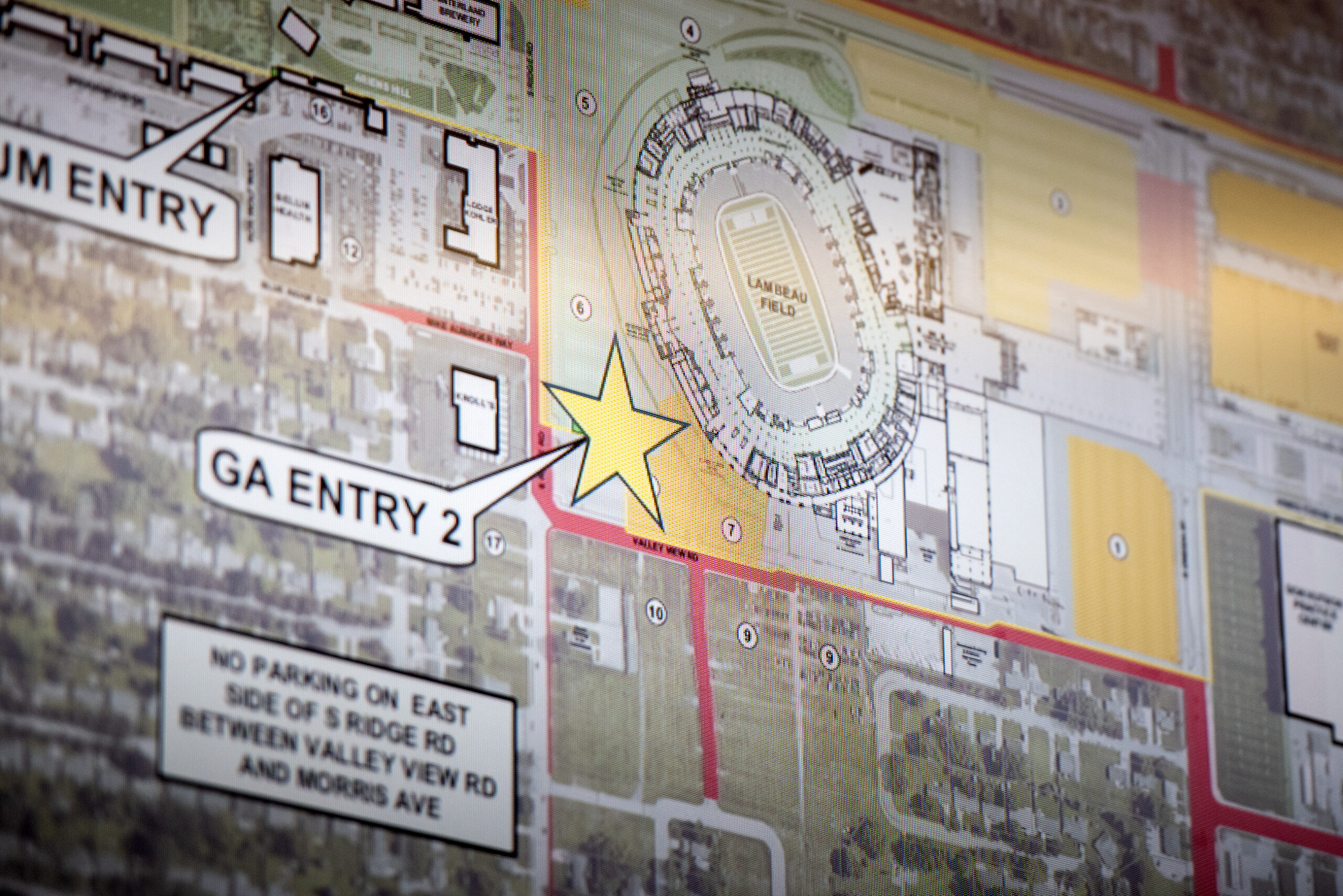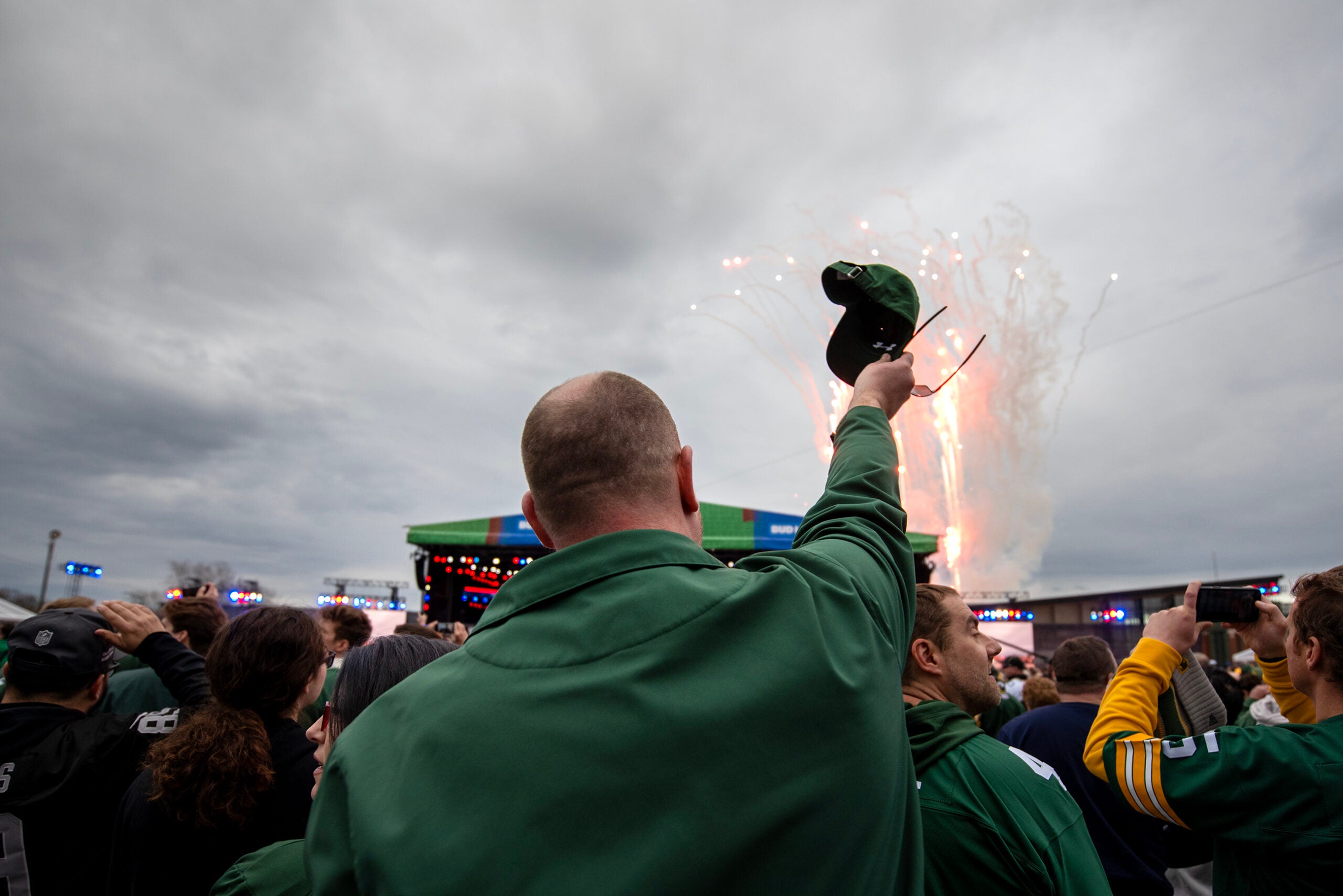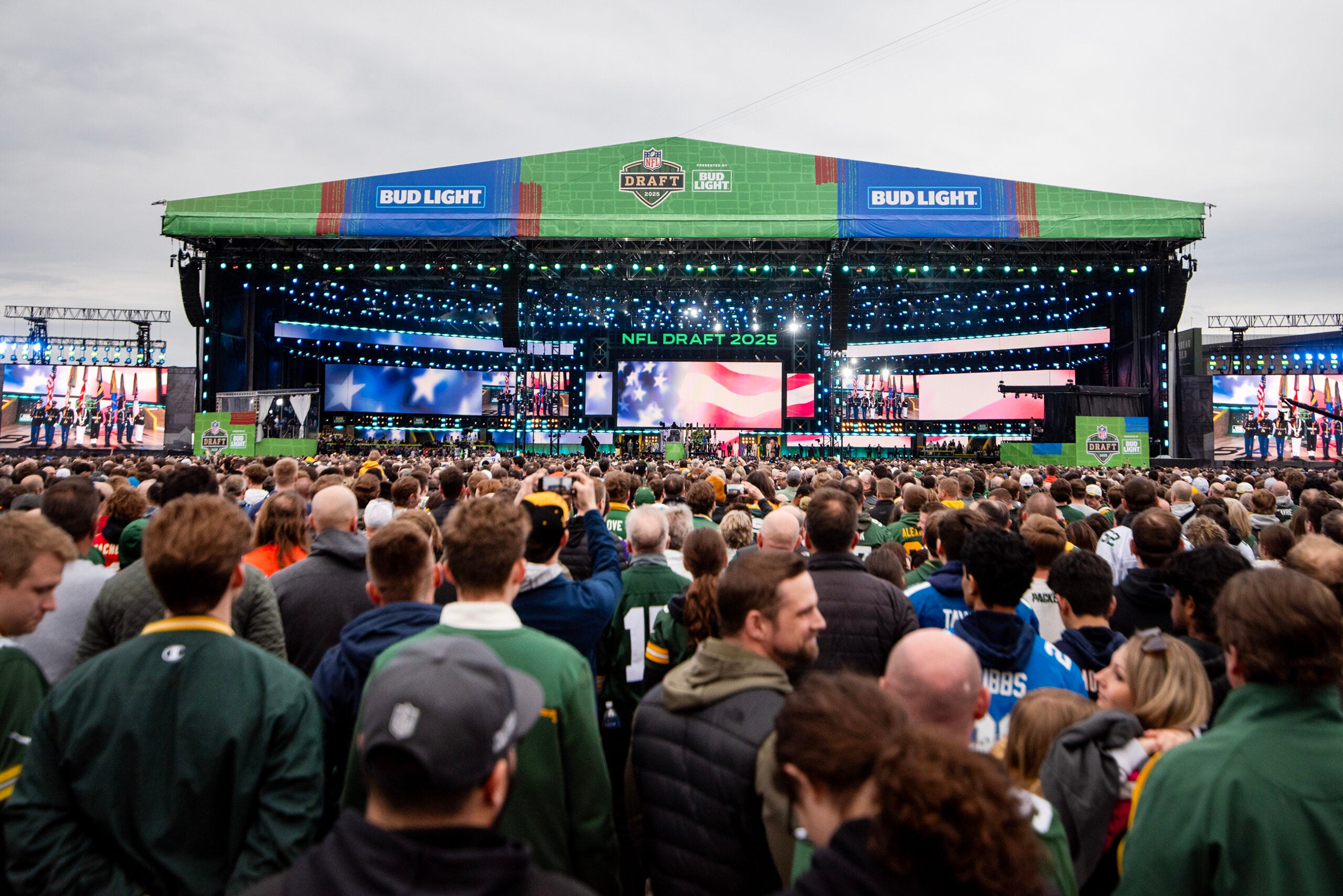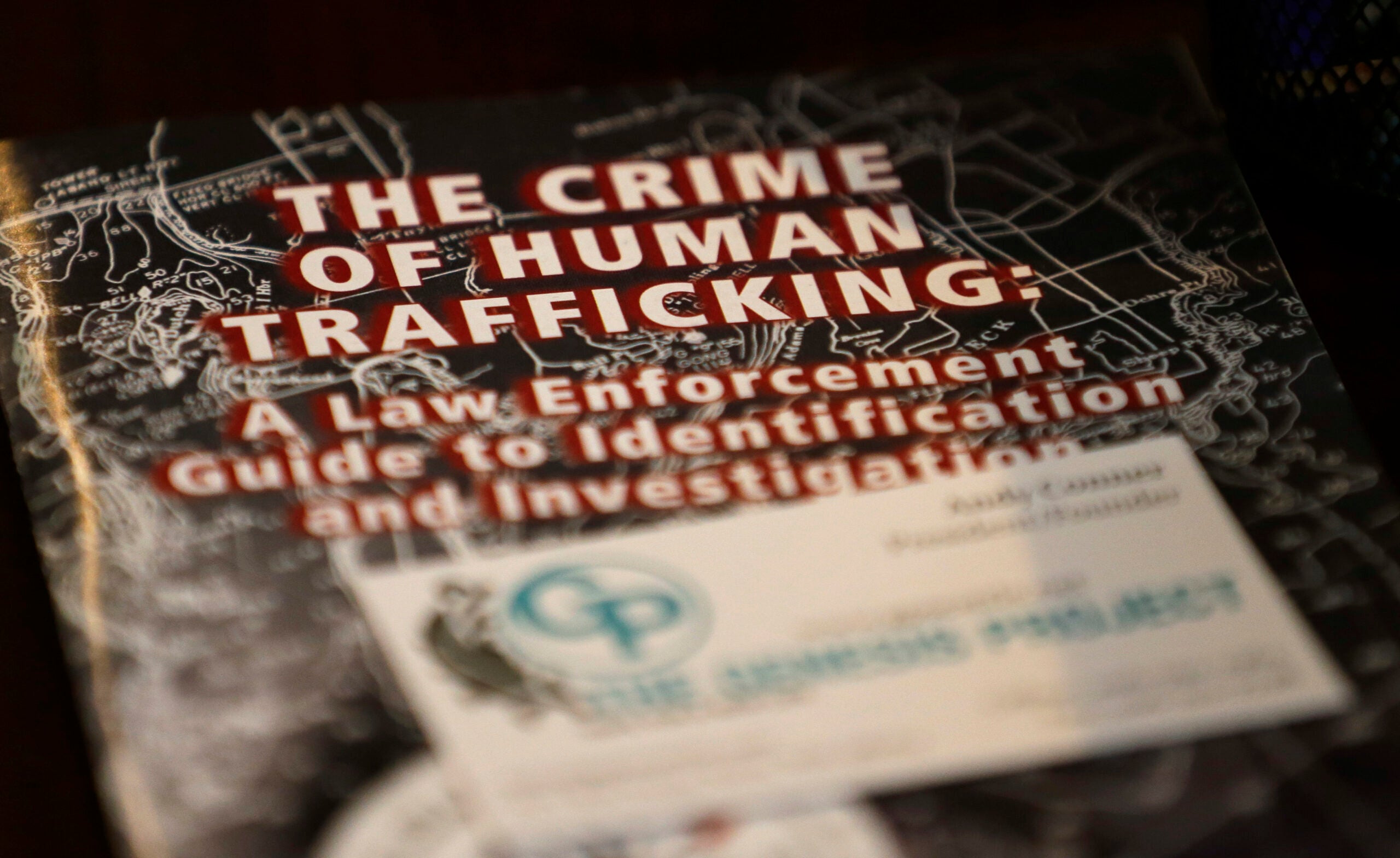The Green Bay area is expecting a quarter of a million people to come to town for the NFL Draft this weekend. The influx of visitors has local leaders concerned about the potential for increased human trafficking.
Earlier this year, the Brown County Board awarded $20,000 to the nonprofit Awaken Wisconsin to combat the issue.
Awaken Executive Director Kesia Klaus said some of that money has gone toward prevention and raising awareness ahead of the draft, and the rest will be used to help respond to victims during the event.
News with a little more humanity
WPR’s “Wisconsin Today” newsletter keeps you connected to the state you love without feeling overwhelmed. No paywall. No agenda. No corporate filter.
She joined WPR’s “Wisconsin Today” to share what those efforts have looked like and the challenges that come with battling human trafficking.
The following was edited for clarity and brevity.
Kate Archer Kent: How serious of an issue is human trafficking around an event like the NFL Draft that’s billed as a family-friendly atmosphere?
Kasia Klaus: We know human trafficking has existed in our state and our county before the draft. It will continue to exist during the draft and will remain after the draft. And so we truly hope this is a catalyst to bring awareness and education on this issue as a whole.
If you think about what the result would be if we didn’t do preventative work, it could mean someone’s life. So why not take those extra measures just to make sure this is an event that everyone wants to be in a positive light for Green Bay?
KAK: What will your services look like during the draft?
KK: Shelter is always the biggest need, not only during the draft but outside of the draft. So we have worked with certain hotels to solidify some housing during draft days. We also worked with another nonprofit that was able to donate their Airbnb for the weekend of the draft, so we would have the availability to have emergency housing.
Then it’s basic needs, so having our weekend center available for shower utilization, food readily available and a warm place to stay. We are working with local law enforcement as well, in case there is an individual who’s wanting to report something or a situation.
KAK: Do you have the resources to adequately address this issue? What has your funding allowed you to do?
KK: We were so excited about the county providing funds because I think in addition to just alleviating some of the funding concerns, it allowed the population we serve to know that our county sees them and hears them, and wants to support them, especially during what could be a time that housing is more restricted. Law enforcement is going to be pretty inundated as well, and so knowing that there are additional services available and funding may not be a concern, is huge.
KAK: In your interactions with businesses leading up to the NFL Draft, what types of involvement and partnership are they giving you to address this issue?
KK: Businesses have been very receptive. Overall, they have said they can’t believe we, as a community, waited this long to bring awareness to this issue. For us, that was pretty powerful. A lot of businesses don’t really know how they could be engaged besides monetarily. But we’ve been able to be creative. For example, we had Chick-fil-A donate meals to our peer support groups and our celebration nights. We’ve had larger corporations donate toilet paper and paper towels to meet those basic needs.
But important, too, is educating employees. A lot of these businesses, especially financial institutions, can be on the front lines of recognizing those risk indicators. If they don’t have the education or awareness, [trafficking victims] may slip right past them. So training hospitals, banks, credit unions and then just hotels, motels, gas stations, restaurants — it’s a community-wide issue.
KAK: What are some of the common red flags that people should be aware of, even if they’re not going to be in Green Bay for the draft?
KK: The indicators that we’re most commonly expecting, even outside of the draft, are dominating individuals. So if there is a person that is not able to make decisions, that seems like a third party has control over them, and are more evasive and elusive when being asked questions or making eye contact with that dominating figure — that would be something that definitely should make someone ask more questions or just possibly report.
In addition, if there are individuals with large amounts of cash, gift cards or hotel keys, those can be indicators as well. If an individual is coming to Brown County, and they may actually not even know which city they’re currently in, that could be an indicator.
Then the one that would hopefully be most apparent would be physical injuries to a person. So any bruises or bite marks, or anything indicating physical abuse.





